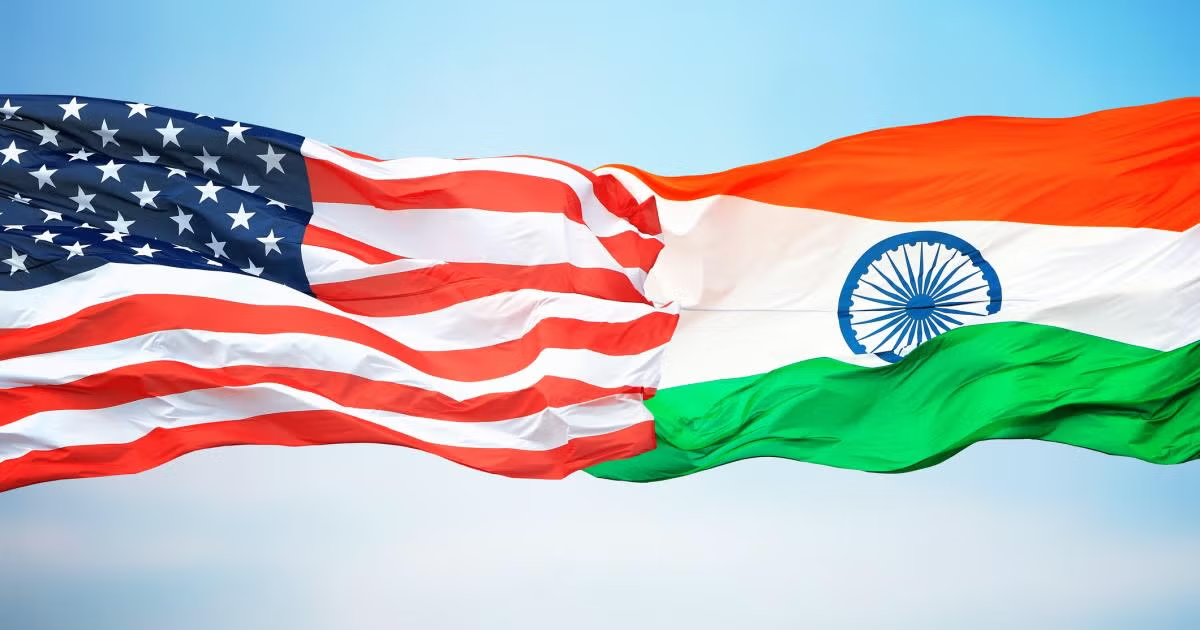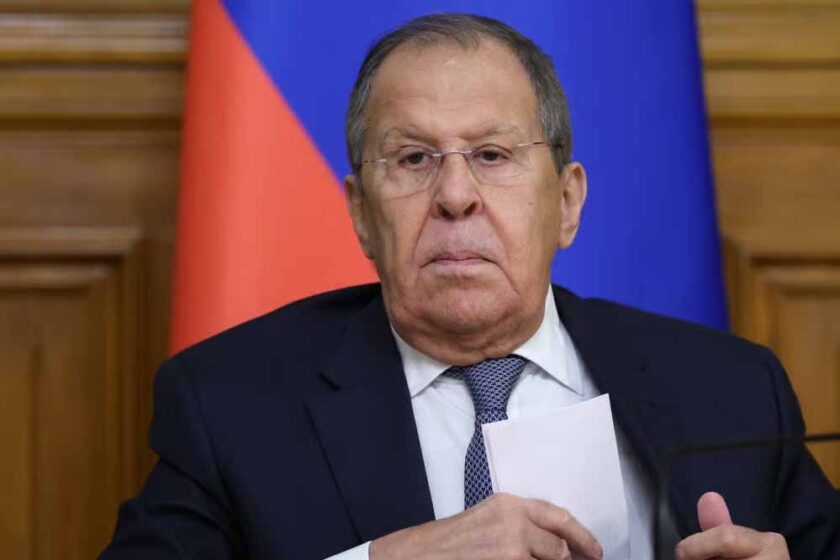Washington, D.C. – With the July 9 U.S. tariff deadline fast approaching, Indian trade negotiators have extended their stay in Washington in a bid to finalize a temporary trade agreement with the United States. The move comes amid efforts to resolve several long-standing trade disputes, particularly in sensitive sectors such as agriculture and dairy.
Negotiators from both countries have been engaged in a flurry of meetings, hoping to iron out differences before tariffs imposed during earlier rounds of trade tensions are reinstated or expanded. According to sources close to the talks, rules of origin for textile exports, auto components, and reciprocal tariffs on metals like aluminum and steel remain high on the agenda.
India is keen to secure tariff relief similar to concessions the U.S. has offered to other Free Trade Agreement (FTA) partners. In particular, New Delhi is focused on boosting exports in labor-intensive sectors like textiles, footwear, and engineering goods, while seeking assurances that no additional U.S. tariffs will be imposed on Indian goods.
The U.S., on the other hand, is pushing for greater access to Indian markets for a range of products including whisky, automobiles, and agricultural items such as soybeans, corn, and apples. American negotiators have also emphasized the need for regulatory transparency and predictable import duties.
Finance Minister Nirmala Sitharaman, in a recent interview with the Financial Express, described agriculture and dairy as “very big red lines” for India. “Yes, we would love to have an agreement, a big, good, beautiful one; why not?” she said, adding that India is negotiating with caution when it comes to sectors that affect domestic livelihoods.

Trade relations between the two countries have gained renewed urgency after the U.S. successfully de-escalated tensions with China through a recent trade breakthrough. That deal has raised the stakes for India, which began its trade talks earlier but has yet to reach a comprehensive resolution.
In a recent statement, U.S. President Donald Trump remarked that India would “open up” significantly if both nations agree on what he described as a “very big trade deal.” The comment has sparked cautious optimism among analysts, though many remain wary of the complexities involved.
The current round of talks is expected to conclude shortly before the July 9 deadline. Any agreement reached could serve as a stop-gap solution to prevent further trade disruption, while both sides work toward a more comprehensive and long-term trade pact in the future.
Observers say the outcome of these negotiations could have broader implications for U.S.-India economic relations, especially as both countries look to reposition themselves in the evolving global trade landscape.









